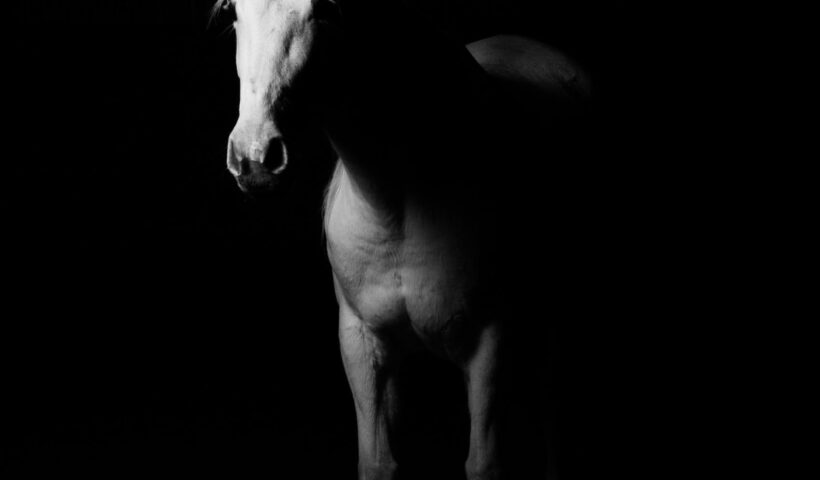Peaky Blinders serially and cumulatively critiques and subverts the (narrative) troping of trauma, both regarding its genesis and continuity/persistence, by diversifying and complicating its central properties and classifications in what, I argue, amounts to a parapractic approach to both trauma and historical fiction.
View More Ambiguity and Parapraxis: Serially Reframing Trauma in “Peaky Blinders”Author: Susanne Köller
Susanne Köller (she/her) is a lecturer with the literature arts and media department at University of Konstanz, where she is currently finishing her Ph.D. on narratively complex representations of the past in contemporary, original television drama. Her research interests include theories of seriality and complexity, historical fiction, time and temporalities, trauma, and their intersections. Susanne has previously published on cumulative effects on longform storytelling in Mad Men and ambiguously ‘difficult women’ in Westworld. She enjoys teaching primarily twentieth and twenty-first century narratives across media and anglophone cultures with a focus on television and serial texts. Say hello @s_koeller.

